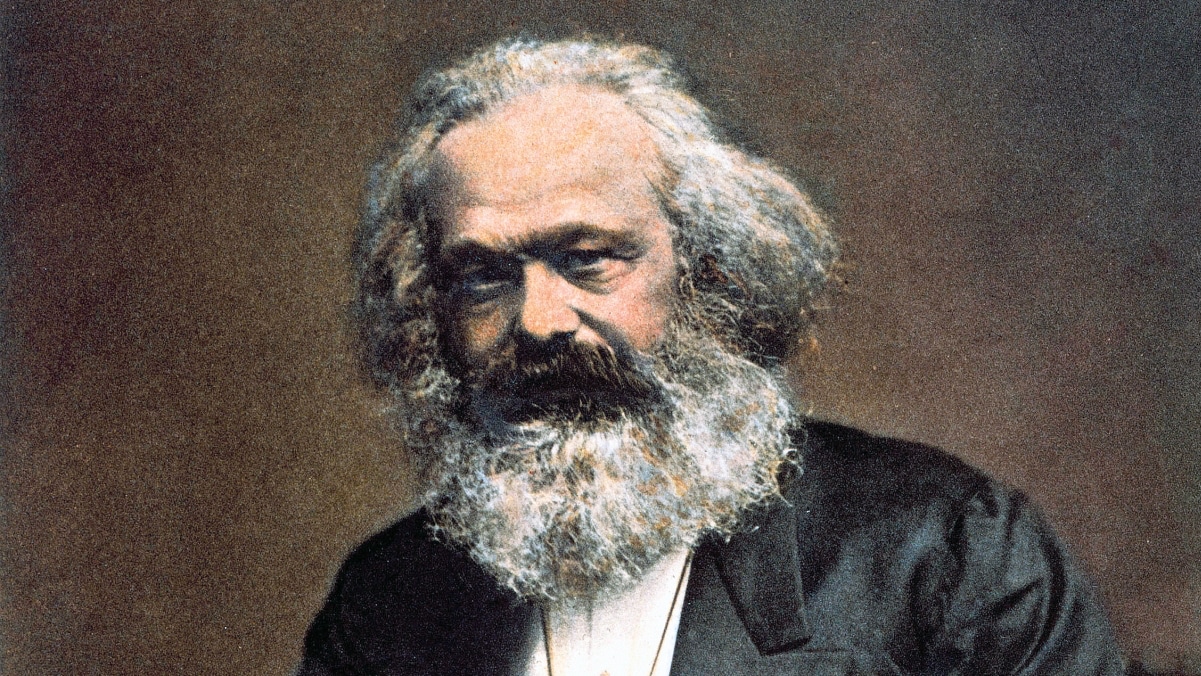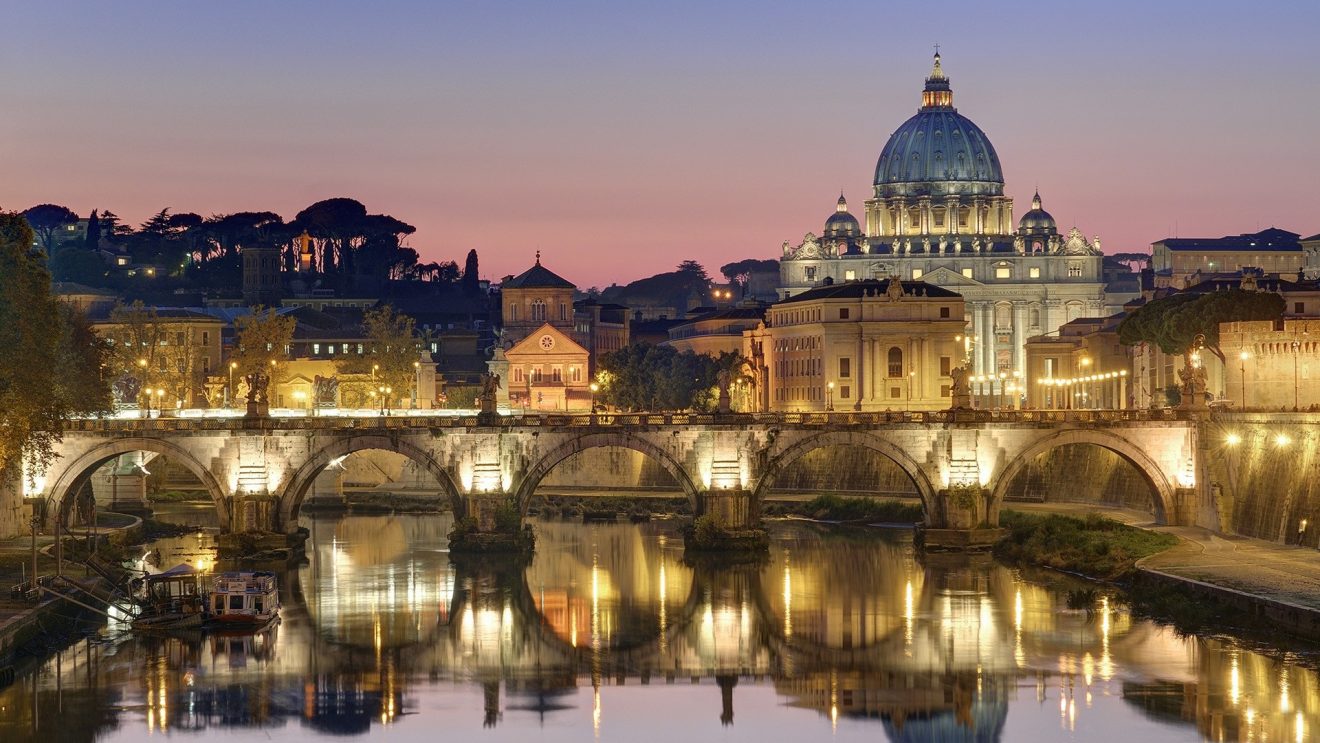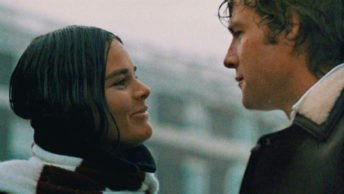There are a myriad of different kinds of imaginations. The one I am the most familiar with is the Catholic Imagination, especially Andrew Greeley’s wonderful book of the same name. In my past essay, the Womb of My Catholic Imagination I explored its many facets. I believe it seems more than logical that there should be a secular dialectic or even atheistic counterpart to our Catholic Imagination. I have not seen anything in print that describes what may be called the Marxist Imagination. The binary that has been dividing this country ever since the Left removed God and his moral teachings from the public schools in the 1940s, is not organized enough, at least on the surface, to have a firm conception of what they are doing. Right now we see several loosely affiliated groups using a scatter-gun approach to upset the civilized applecart.
In another essay I wrote for this publication, My Fair Lady, my paean to my saintly boss, the late Eleanor Schlafly, for whose Mindszenty Report I had polished my writing skills for 11 years, I mentioned an article written by early 20th century Catholic writer, Hilaire Belloc which echoed similar Augustinian themes.
Entitled The Unending Conflict, Belloc concluded that all of world history could be described as a never-ending conflict between the Catholic Church and its enemies. It had been the Spanish Civil War, which had drawn its influence from its forbears in the French Revolution, which had served as Belloc’s inspiration for his essay. Both revolutions had arisen from the Fallen Eden. There was no better place to find the essence of a Marxist Imagination than the lyrics of John Lennon’s song, Imagine. It reads much more like a lyrical poem than a song. It begins with the elements of his imaginary world that seems empty of any of the major institutions, necessary for a civilization of any kind.
Lennon thinks deeply and almost religiously about a world where there would be no Heaven nor any Hell. In a few shorts breathes, Lennon had eradicated Catholic Eschatology. He follows with the thought that we should imagine all the people living for today, which is the hedonistic notion of Carpe Diem, or Seize the Day. Pleasure, usually sexual or culinary, is often the focal point of this way of thinking. Lennon, who was viciously murdered in 1980, owed a great deal of his inspiration for his song to his wife, Yoko Ono.
Lennon’s Brave New world, far more simplistic than St. Thomas More’s Utopia, would have no nations to kill or die for. It would be a world devoid of any religions. Presumably in Lennon’s more than likely drug-inspired imagination, wars are caused by nations and religions. Eliminate patriotism and nationalism and his imagination sees all the people living life in peace. Even though John Lennon, not to be confused with Vladimir Lenin, recorded Imagine in 1971, it is still being hummed out loud by political hacks, such New York City’s clueless mayor, Bill DeBlasio.
In an article for the New York Post, journalist Maureen Callahan profiled the mayor, caught in a moment of reverie while he rhapsodized over Lennon’s lyrics at a press conference, in a boarded-up and very angry New York City. The embattled DeBlasio was philosophical when he ruminated, I don’t mean to make light of this, but I’m reminded of the song ‘Imagine’…We played it at my inauguration. I think everyone who hears that song in its fullness thinks about a world where people got along differently. . . About a world where we didn’t live with a lot of the restrictions that we live with now. Callahan opined It was unclear if de Blasio was referring to the nightly curfews his constituents have routinely violated or the pandemic-induced quarantining that city residents shook off, en masse, to protest the death of George Floyd, but reaction on Twitter — the often fatal arbiter of a career’s life or death — was vicious. Her readers imagined him resigning or being impeached, and those were the polite ones.
In Lennon’s song, there is one entity that is entirely missing. And that is God. Nowhere is the lack or need of God evident unless he considered any belief in God to be a religion. I trust that many people who practice the dogmatic interpretation of Imagine would agree with Lennon’s divine exclusion.
A July post from Catholic writer John Horvat, cited alleged Catholic Chris Cuomo’s June 26th, (CNN) claim that society does not need the help of God in clearing up the problems and crises our world is currently facing. Cuomo who like his brother Andrew, the Governor of New York, is militantly pro-abortion, also added If you believe in one another and if [you] do the right thing for yourself and your community, things will get better in this country…You don’t need help from above. It’s within us… How does he know what the right thing is? Omniscience?
By saying that Americans don’t need help from above, the Catholic Cuomo directly contradicted numerous Bible passages, such as Ask, and it will be given you; seek, and you will find; knock, and it will be opened to you, all found in the Gospel of St. Matthew. His humanistic homily was much more likened to a New Age declaration of faith than anything to do with Christianity. However, his homage to the Divine Self easily conforms to the verse from Genesis that promises and ye shall be like gods…the Serpent’s words to Eve in the Garden before all mankind took a greater fall than Lewis Carol’s Humpty Dumpty.
All these points taken together create an amalgamation that the Other Lenin would have been very comfortable with. When the Imagine crowd’s thinking converges on the idea of a world without religion, they mean only organized faiths, which worship a monotheistic or Triune God, such as Christianity, Judaism, Islam and so on. No person can live without paying homage to something to fill what the late Viktor Frankl called an Existential Vacuum in his class book, Man’s Search for Meaning, published in 1946. Marxists all have their own god within. All they must do to find their kind of god is simply look in the mirror where they can worship themselves. I think I have seen this movie, Narcissus meets Satan.
The problem with Imagine as a philosophy or even as a replacement for religion is that it offers no way to get from the reality of life today to the utopian fantasy world of the future where peace will supposedly reign. The end result of this paradise on earth is chimeric and has no realistic or even imaginary chance of surviving in anything other than one’s imagination. A snowflake in Hell has a far greater chance of survival than the twisted thinking of the Lennons. Their faith does not have their full confidence or courage to offer a road map to the future because it would undoubtedly require rivers of blood, burning cities and a global war. How a world filled with hedonism and selfishness will survive is beyond me. Black Lives Matter, an exclusive Marxist group if there ever was one, has already given us glimpses of what the country will look like if the Imagination of the Biden’s, Pelosi’s and Schumer’s ever achieve absolute power in this country.
The realistic iteration of Imagine has reminded me of a short-story we had to study at Xavier High School in English class in 1960. It was entitled And then the World Was Purified. The last man had slain the last woman by embedding an axe in her head and then promptly died from the poison she had put in his tea. All that were left were the lilies of the field and animals of every species. That’s what I imagine if the Marxist Imagination becomes the country’s new normal.








